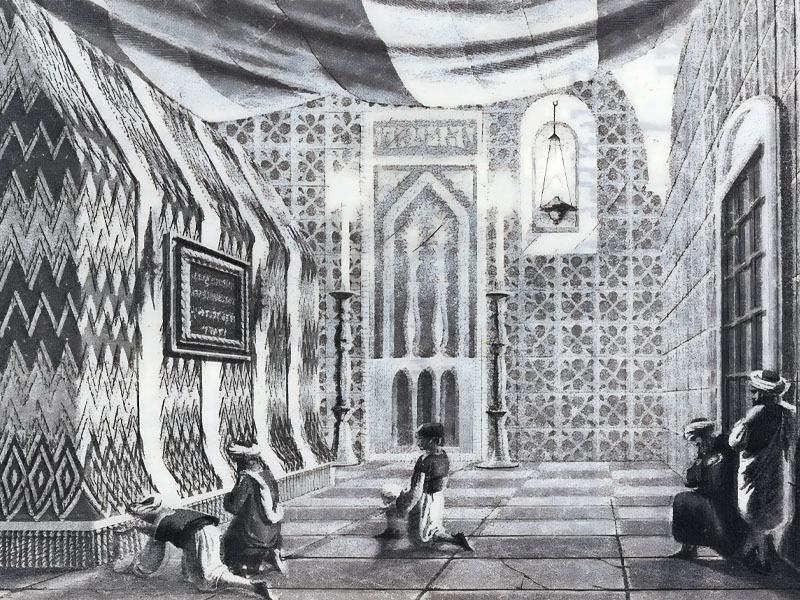Authentic Customs and Old Joy and Grieving Traditions in Old Jerusalem: Prophet David’s Corner in Jerusalem as an Example
Issue 22

This study aims to renew, develop and preserve the positive aspects of Palestinian folklore in an effort to lessen the suffering of the younger generation, who are subject to unwritten laws, traditions and customs; the study also aims to strengthen Palestinian identity with its national, pan-Arab and religious aspects.

Customs refer to actions, objects and conduct that serve to fulfill the group’s needs and purposes by strengthening bonds and promoting homogeneity among group members. Traditions are the set of behavioral rules relevant to particular natural surroundings, sects or environments.
The study attempts to answer the following questions:
What are the common joy and grieving traditions in Jerusalem and its suburbs?
What are the common customs in Jerusalem and its suburbs?
What folklore terms are relevant to each custom or tradition?
The study has reached several conclusions, the most important of which follow:
1. Palestine’s capital Jerusalem is referred to as ‘The Flower of Cities’ due to its geographic location as the meeting point for three continents, which made it a significant center for commerce. As the cradle of three major religions and a destination for Christian, Muslim and Jewish pilgrims, Jerusalem also has sacred significance.
2. Jerusalem has been a headquarters for political leaders and decision-makers throughout history; those who rule Palestine - with Jerusalem as its capital - control the entire world, and anything that happens in Palestine and Jerusalem is meaningful throughout the world.
3. Palestine, particularly Jerusalem, is a meeting point for all civilizations. It is a gathering place for many sects, races and dynasties connected by bonds of love, tolerance, compassion and social solidarity, and by a system of values and authentic traditions.
4. Relations with neighboring countries are very significant, and Levant traditions have influenced Palestinian society. However, the catastrophic conditions affecting Palestine and Jerusalem - the Occupation, Judaizing, the obliteration of identity, the imposition of forced isolation - and rapid technological advancements and changes in infrastructure have also led to lifestyle changes.
5. Attempts to obliterate identity, Judaizing and the threat to the people’s lives, homes and livelihoods have strengthened people’s connections to Jerusalem and its Arab identity, traditions and authentic customs.
6. Jerusalem is considered the birthplace of civilization and the place from which civilization spread to other cities. Surrounding villages supply Jerusalem with its workforce and handicrafts, so villagers moved to Jerusalem to work. They imported their traditions and customs as well as their joys and grief.
7. Folkloric sayings and proverbs related to Jerusalem and Hebron, such as “Those who are satisfied with little, live in Jerusalem and Hebron” and “The people of Jerusalem and Hebron never know hunger” made people want to live in these places.
The study makes several recommendations, the most important follow:
1. Support and encourage positive folkloric customs and traditions that promote kindness, closeness, cooperation, harmony and unity.
2. Create awareness and train the younger generation by offering workshops and specialized training courses.
3. Create a work plan for the documentation of the various sects and groups’ folkloric customs and traditions.
4. Encourage Palestinian and Arab art colleges’ and education colleges’ interest in authentic heritage.
5. Encourage local mass media and satellite channels to report on local customs and traditions and to compare them to customs and traditions in other Arab countries in light of globalization.
Idris Saqr Jaradat
Palestine


































































